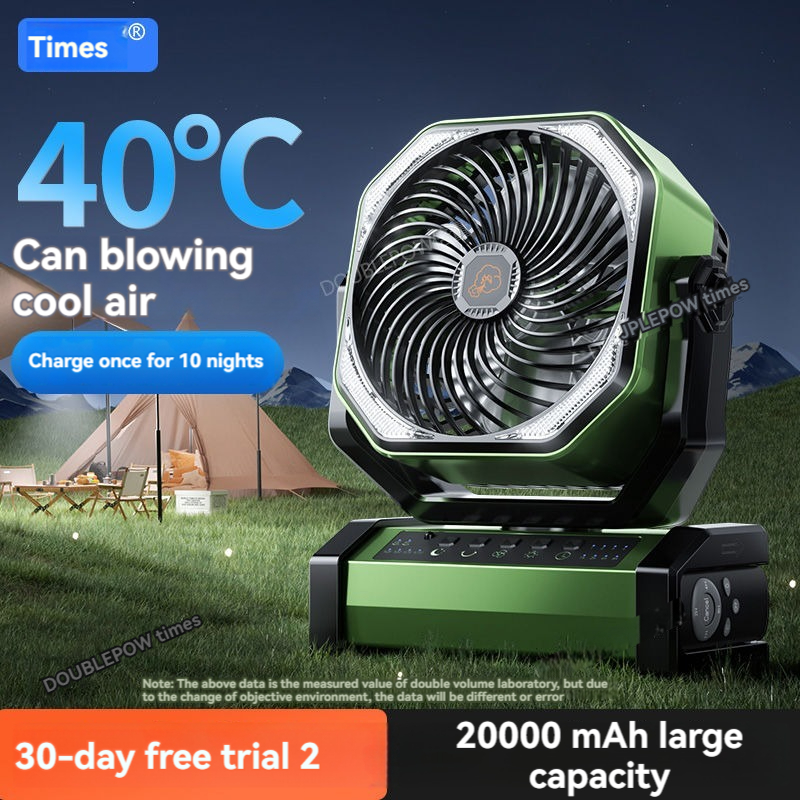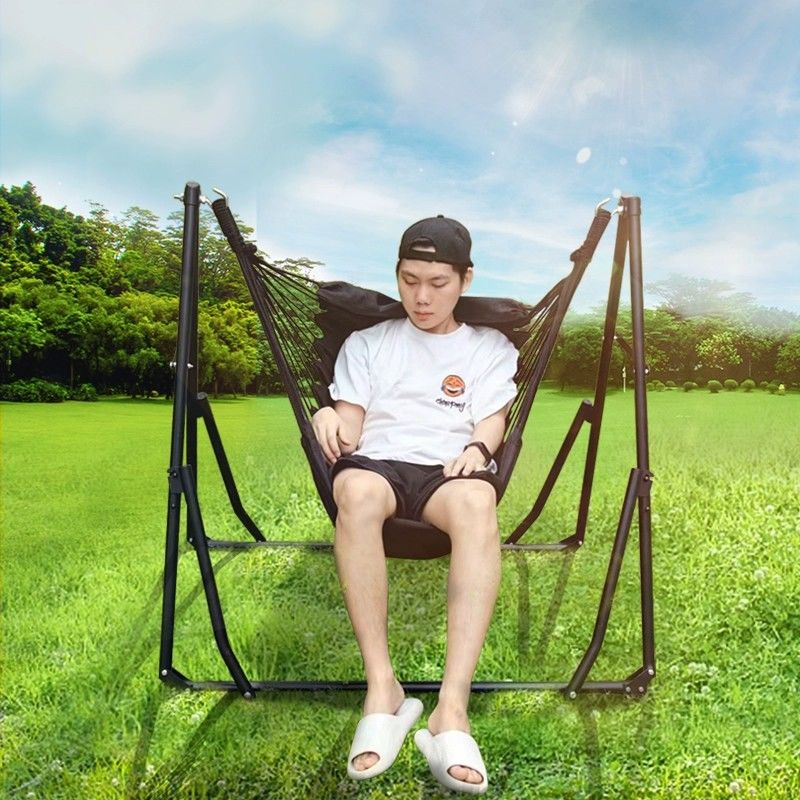Camping Tents
Camping Tents
As a salesperson, I have had the opportunity to interact with customers from various backgrounds and interests. One of the popular products that I often deal with is camping tents. Camping has become a favorite outdoor activity for many people, and having the right tent can make or break their experience.
When it comes to choosing a camping tent, there are several factors that customers consider. The size of the tent is crucial as it needs to accommodate the number of people who will be using it. Additionally, customers look for features such as waterproofing, ventilation, ease of setup, and durability.
There are different types of camping tents available in the market. Dome tents are popular due to their simple design and easy setup process. They provide good headroom and stability in windy conditions. Tunnel tents offer more space but may require more effort to set up compared to dome tents. Cabin-style tents are ideal for families as they provide ample room for multiple occupants.
Customers also pay attention to the materials used in making the tent. High-quality fabrics like nylon or polyester with polyurethane coatings offer excellent water resistance while still being lightweight and durable.
Another important consideration is the seasonality of the tent. Three-season tents are suitable for spring, summer, and fall camping trips while four-season (or winter) tents are designed to withstand harsh weather conditions including snowfall and strong winds.
In addition to these factors, customers also look at additional features such as vestibules for storing gear outside of the sleeping area, interior pockets for organizing small items, and built-in lighting systems.
As a salesperson specializing in camping equipment including tents, my role involves understanding customer needs and guiding them towards selecting a product that best suits their requirements. It's essential to listen attentively to their preferences regarding size, weight, capacity, climate considerations before recommending specific models or brands.
Furthermore,
I need
to ensure that
customers understand how
to properly care
for their
tent by providing information on maintenance,
cleaning,
and storage tips.
Overall,
selling camping
tents requires knowledge about various options available in
the market along with an understanding
of customer preferences.
By offering personalized recommendations based on individual needs,
I aim
to assist customers in making informed decisions when purchasing a new camping tent.
In conclusion,
being knowledgeable about different types
of camping
tents along with their features helps me effectively serve my clients.
It's rewarding knowing that I've helped someone find
the perfect shelter for their outdoor adventures.
Whether it's a solo backpacker looking for an ultralight option or a family seeking comfort during weekend getaways,
providing assistance throughout this process brings me satisfaction as a salesperson specializing in outdoor gear.
This concludes my discussion on selling camping tents.
Thank you!


